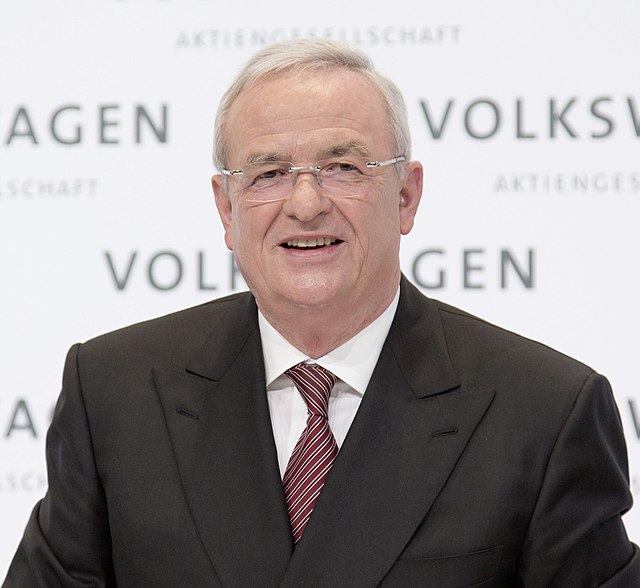In a significant development, a German court has announced the resumption of the trial of former Volkswagen (VW) CEO Martin Winterkorn for market manipulation. The decision comes after the indefinite suspension of parallel proceedings related to fraud charges.
Winterkorn was initially set to face trial for fraud in connection with the infamous “dieselgate” emissions-cheating scandal that rocked the automotive industry. The trial, located in Brunswick near VW’s headquarters in Wolfsburg, began in September 2021. However, Winterkorn, deemed too unwell to appear in court following an operation, was absent from the proceedings.
The same Brunswick court had temporarily dropped a market manipulation case in January 2021, citing the belief that the potential punishment for the offence was negligible compared to the potential penalty for fraud. Nevertheless, on Thursday, the court announced the revival of the market manipulation case at the request of the Brunswick public prosecutor’s office. The decision was prompted by the inability to proceed with the fraud charges against Winterkorn.
The court highlighted that the outcome of the market manipulation case could have a significant impact on the concurrent fraud proceedings, emphasising the interconnected nature of the two charges. Under the reinstated charges, Winterkorn stands accused of intentionally withholding information from financial markets about the risks of fines linked to emissions-cheating vehicles in the US market.
As of now, no specific date has been set for the commencement of the market manipulation trial, adding an element of uncertainty to the legal proceedings.
The roots of the Volkswagen group’s crisis trace back to 2015 when the company admitted to installing cheating software in millions of diesel vehicles worldwide, designed to manipulate pollution tests. This admission led to widespread investigations and legal actions against the company and its executives.
Notably, Winterkorn is not the first senior executive to face legal consequences in connection with the dieselgate scandal. Rupert Stadler, the former CEO of VW subsidiary Audi, became the first high-ranking executive convicted earlier this year. Stadler received a suspended sentence and a fine on fraud charges, marking a significant development in holding top executives accountable for their roles in the emissions-cheating controversy.
The resumption of Winterkorn’s market manipulation trial adds another layer of complexity to the legal challenges facing VW and its former executives. It underscores the continued efforts to address the fallout from the dieselgate scandal and signals a renewed focus on accountability within the automotive industry.



